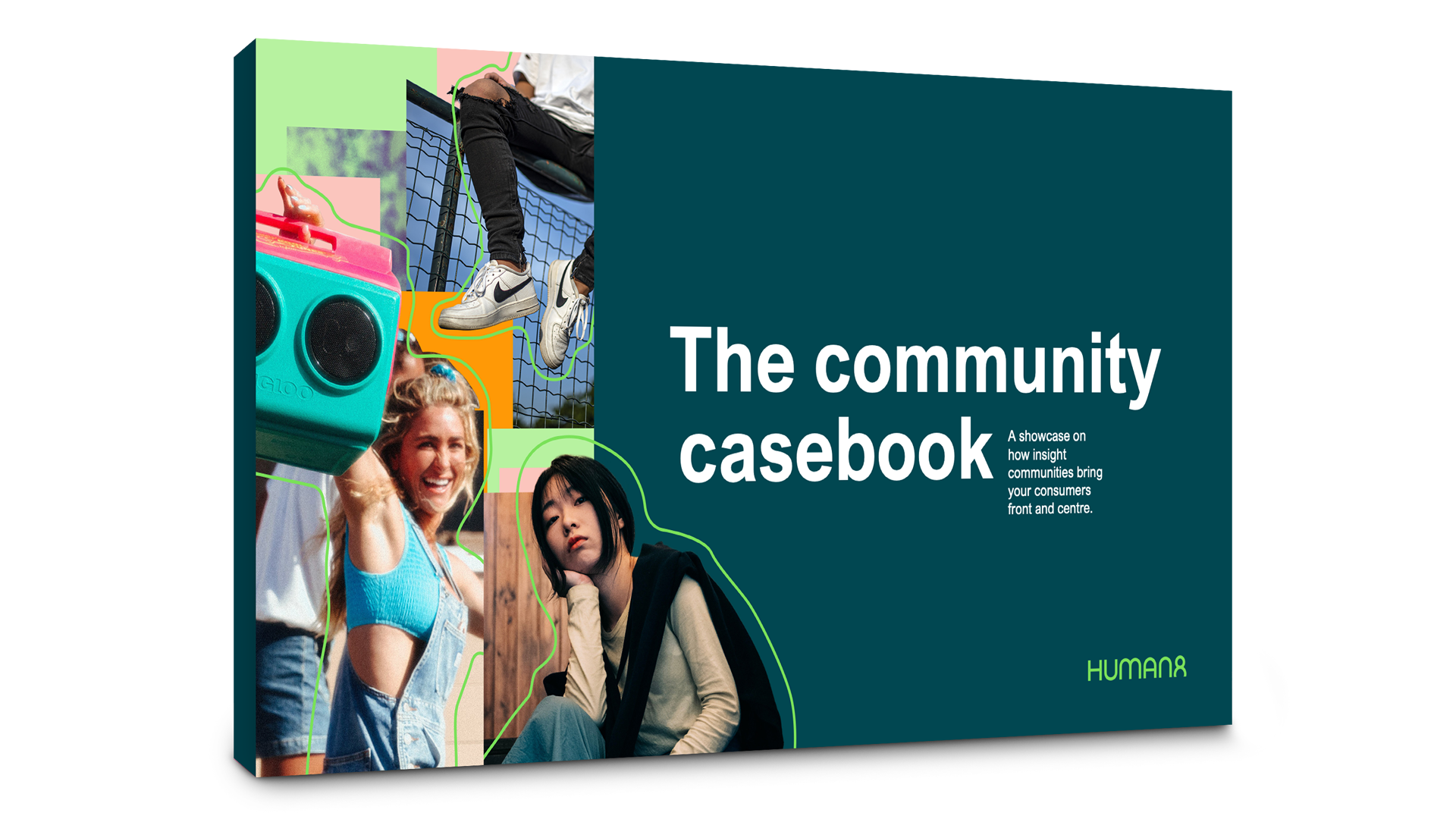
Do what matters
We’re next-generation marketing insight consultants,
helping brands uncover what matters.
Powered by bold thinking, communities and AI,
we supercharge brands and spark action.
In the spotlight
Doing what matters starts here
Solutions
Capabilities
Solutions
Crack the code of human complexity
Build strong brands that people talk about
Elevate the moments that matter to people
Create products & services that enrich people’s lives
Capabilities
From focus groups to eyetracking, uncover what matters through our human-centric approach and insight toolbox.
Got the insights, now what? Take action, fuel change and transform your brand.
Strategies, experiences and transformation. Our consultative capabilities can take your work to the next level.
Harness the power of AI and technology through our tools, platforms and expertise.
Use the power of data to drive strategic decisions.


























